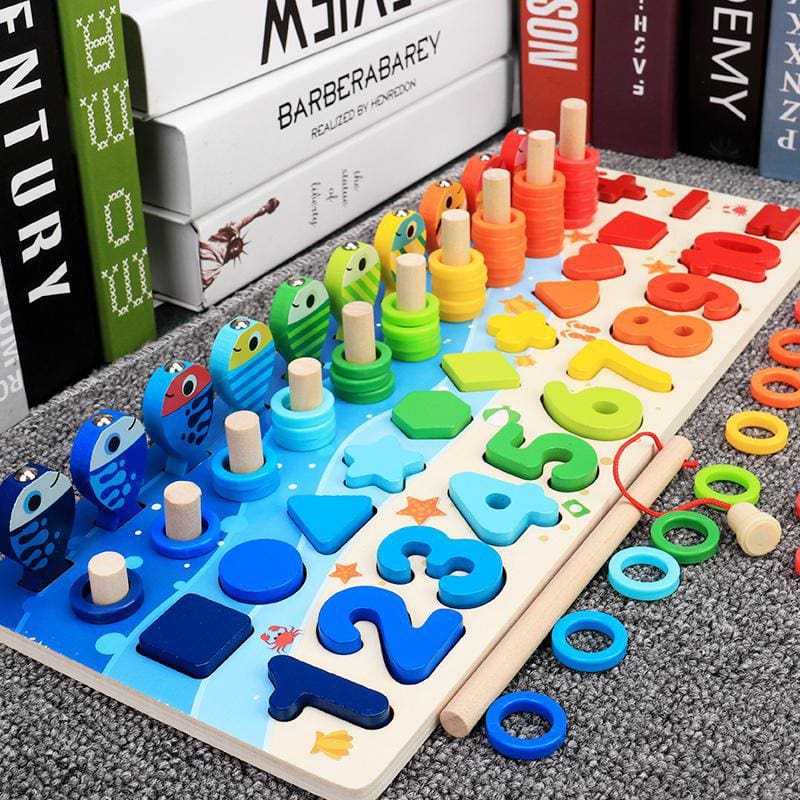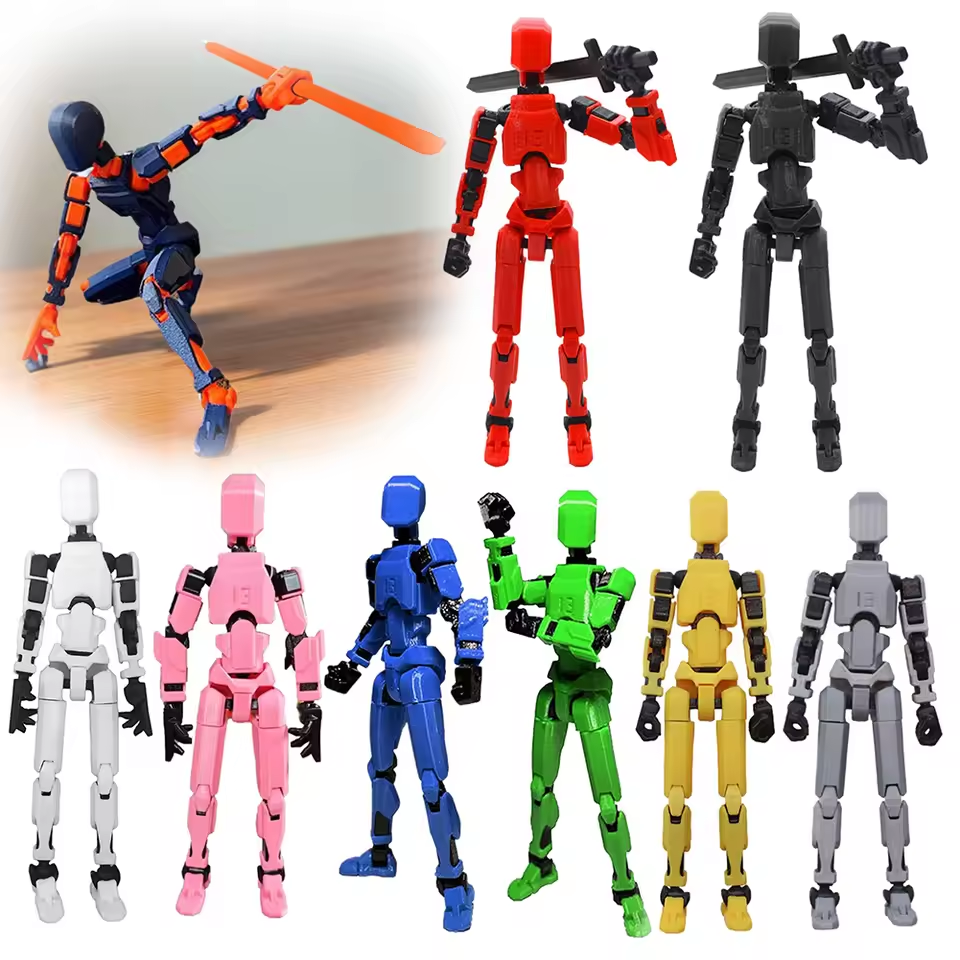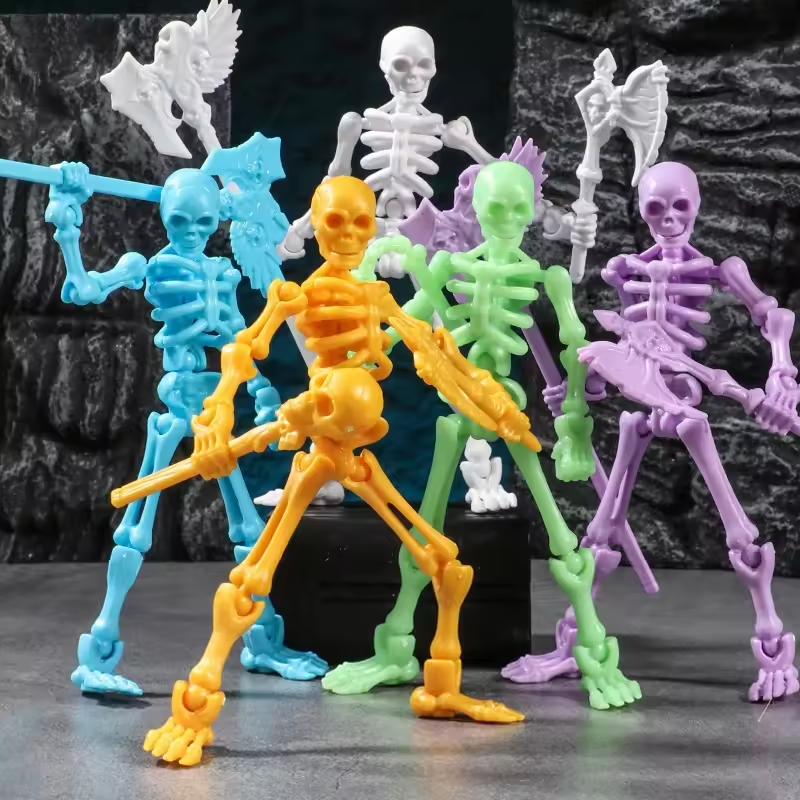The Importance of Educational Toys in Early Learning
Educational toys are vital for a child’s development. They turn playtime into learning moments. Wooden educational toys, especially, hold many benefits for young minds. These toys encourage exploration and curiosity in early learning. They help kids to understand and interact with the world around them. Children grasp basic concepts through play. They learn shapes, colors, and patterns with wooden toys. This kind of learning is fun and engaging for children. It promotes longer attention spans and deeper focus.
Early learning with wooden educational toys shapes cognitive skills. Kids develop memory, recognition, and reasoning while playing. When children interact with wooden toys, they also learn cause and effect. These toys are simple yet effective tools for education. They do not have electronic parts or flashing lights. This simplicity pushes children to use their own imaginations. Lastly, wooden educational toys often last longer than plastic. They can become part of learning for multiple generations. This makes them not just toys, but a smart investment in your child’s educational journey.
Advantages of Wooden Toys Over Plastic
Wooden educational toys have several benefits over plastic toys. They are more durable and safe for children. Wooden toys do not contain harmful chemicals found in some plastics. This makes them safer for young children who often put toys in their mouth.
Wooden toys offer sensory benefits that plastic toys cannot. They have natural textures and scents. These sensory experiences help children with tactile learning. Moreover, wooden toys are aesthetically pleasing. They often have warm, inviting colors that appeal to children.
Environmentally, wooden toys are a better choice. They are biodegradable and more sustainable. Wooden toys require less energy to produce than plastic toys. This lowers their environmental impact.
Finally, wooden toys encourage creativity. They are less likely to have electronic parts or noises. This simplicity encourages children to use their imaginations more during play. Wooden educational toys enhance learning by prompting kids to think creatively.
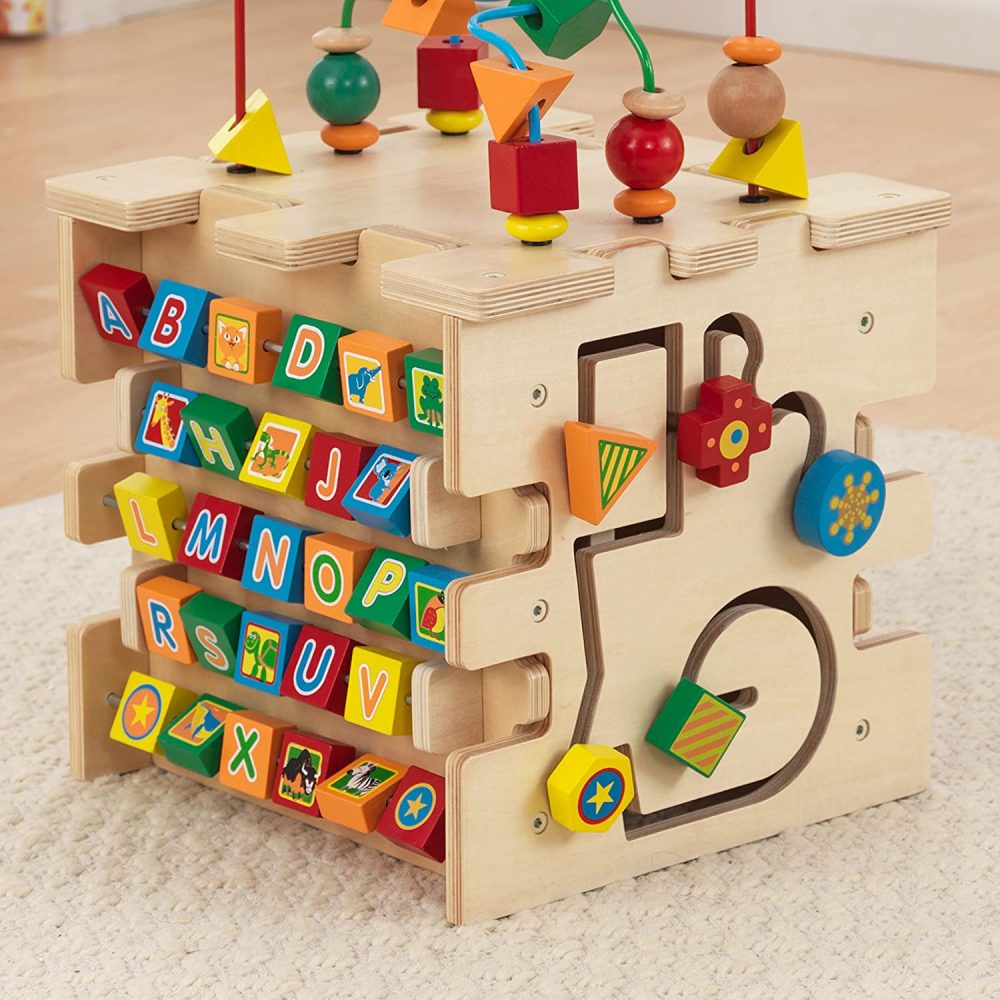
Cognitive Skills Development with Wooden Toys
Wooden educational toys play a crucial role in developing cognitive skills in children. As kids interact with these toys, their brains are hard at work. They practice problem-solving with puzzles and blocks. Memory games crafted from wood challenge them to remember and match. These experiences are key to brain development.
Sorting and stacking toys help with recognition and classification skills. Children learn to distinguish colors, sizes, and shapes. This sorting process lays the groundwork for mathematical thinking. Playing with wooden toys often involves patterns and sequences. Kids practice these skills without even realizing they’re learning.
Reasoning is another cognitive skill honed with wooden playthings. Children must think logically to solve puzzles or build structures. They learn cause and effect when they see what happens as they interact with their toys. Such hands-on play nurtures critical thinking from an early age.
Overall, wooden toys provide a foundation for lifelong learning. They help children develop essential cognitive skills in a natural and enjoyable way. As kids play, they’re not just having fun. They’re building the mental tools they’ll use for the rest of their lives.
Enhancing Fine Motor Skills Through Wooden Playthings
Wooden educational toys are great for developing fine motor skills. Kids improve their hand-eye coordination by playing with these toys. They grasp, pinch, and manipulate small wooden pieces. This strengthens their fingers and hands. Activities like threading beads or stacking blocks are perfect for this. Young children learn to control their finger movements. They also develop dexterity and hand strength. As they play, they prepare for tasks like writing and tying shoes.
Manipulating these toys requires precise movements. This enhances their motor skill development. Over time, children gain confidence in their abilities. They also improve their concentration and focus. Wooden toys offer a natural feeling that is perfect for tactile learning.
Overall, wooden educational toys are essential for a child’s motor skill development. They not only entertain but also build life-long skills. Kids learn to tackle more complex tasks easily and effectively.
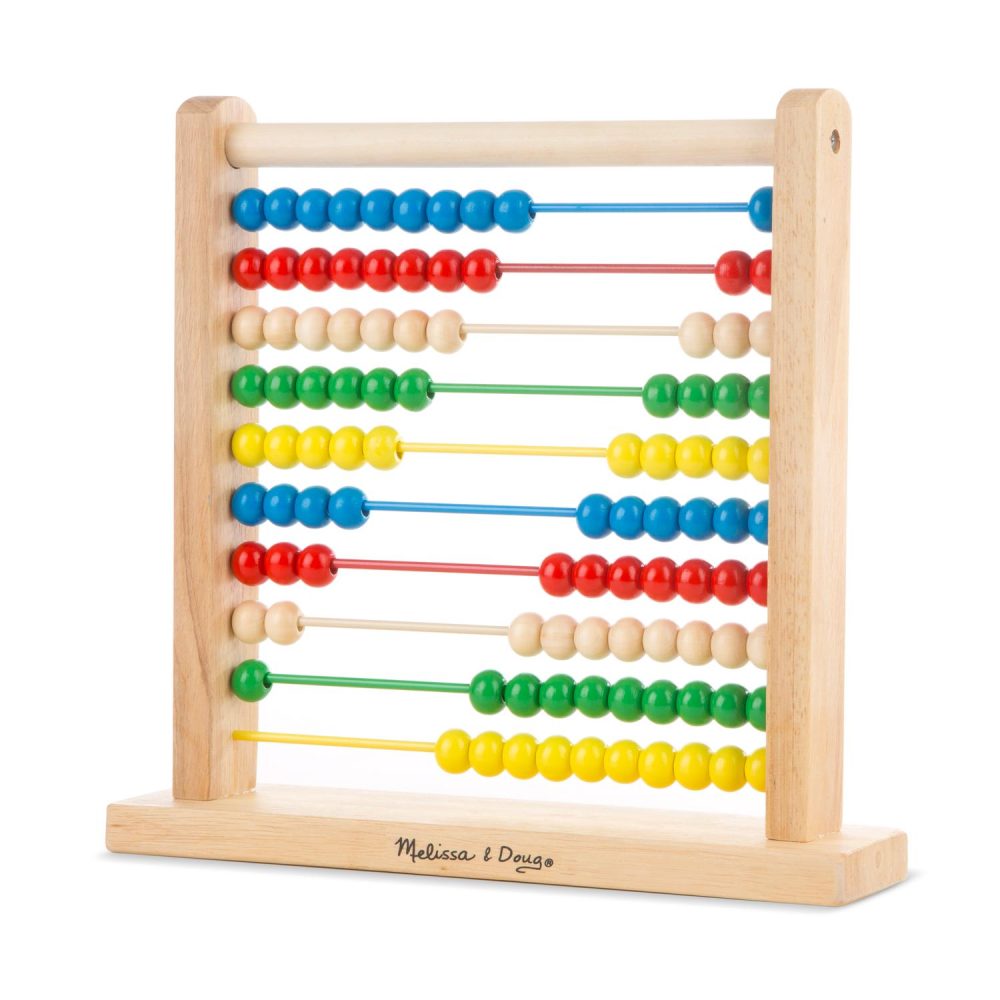
Wooden Toys and The Development of Problem-Solving Abilities
Wooden educational toys are crucial in developing problem-solving skills in children. These toys often include puzzles and construction sets that challenge young minds. As children interact with wooden puzzles, they learn to identify problems and think critically to find solutions. This early exposure to problem-solving can enhance their analytical abilities over time.
Manipulating wooden blocks or fitting pieces into a puzzle requires children to make decisions and strategize. These activities train children to evaluate different options and identify the most effective solutions. By solving physical problems during play, they develop a practical understanding of cause and effect.
Moreover, wooden toys that encourage building and construction foster creativity and innovative thinking. Kids must envision the structure they want to build, plan the steps, and execute them. This process is vital for developing advanced problem-solving capabilities.
Playing with wooden educational toys not only entertains children but broadly shapes their intellectual growth. Through play, they master skills that will benefit their academic and personal lives in the future.
How Sensory Play with Wooden Toys Stimulates Brain Growth
Sensory play with wooden educational toys is a key factor in brain growth among children. When young kids engage with toys that have diverse textures, weights, and smells, their brains receive unique stimuli. This kind of stimulation is important for the development of the nervous system. Here’s how sensory play aids children’s cognitive development:
- Enhances Neural Connections: As children touch and feel wooden toys, their brain’s neural pathways are activated. Different textures, like the smoothness of polished wood or the grainy feel of raw wood, stimulate touch receptors. This variety helps form connections in the brain.
- Improves Sensory Processing: Wooden toys often have a natural scent and non-uniform surfaces. Children learn to process these sensory inputs, which enhances their sensory processing abilities. Being able to distinguish between different sensory experiences is critical for learning.
- Boosts Cognitive Function: Sensory interactions can lead to increased cognitive skills. As kids explore and make sense of their sensory play, they learn important concepts like size, shape, and spatial relationships. This improved understanding can aid in complex cognitive tasks later in life.
- Fosters Attention and Focus: Engaging multiple senses at once demands greater concentration. Children using wooden toys must focus more to explore the sensory aspects fully. This can lead to longer attention spans and better focus during other activities.
- Encourages Exploration and Discovery: Sensory play with wooden educational toys encourages kids to explore their environment. They become curious about how things feel and work, which is a fundamental aspect of scientific thinking.
Sensory play is more than just enjoyable. It’s a powerful aspect of a child’s early learning experience that promotes healthy brain growth and development. Wooden educational toys serve as excellent tools for this purpose, combining the joy of play with the benefits of sensory stimulation.
The Role of Wooden Toys in Social and Emotional Development
Wooden educational toys contribute significantly to social and emotional development in children. Here’s how they play a crucial role:
- Fosters Sharing and Cooperation: When children play with wooden toys, they often play in groups. This setting teaches them to share and cooperate with others. Such interactions are essential for developing good social skills.
- Encourages Empathy and Understanding: Playing with dolls and figurines made from wood helps children enact various social scenarios. This role-play aids in understanding different emotions, fostering empathy.
- Boosts Confidence: Successfully manipulating wooden toys can give children a sense of achievement. This boosts their self-esteem and confidence. When kids feel confident, they interact more positively with others.
- Develops Patience: Many wooden toys, like puzzles and building blocks, require time and effort to enjoy fully. Working through these challenges helps children develop patience. This patience is crucial for emotional control and social interactions.
- Promotes Inclusivity: Wooden toys are often simple and don’t cater to specific genders or cultures. This inclusivity ensures all children can play without feeling left out. It promotes a sense of unity and acceptance.
Overall, wooden educational toys do more than just educate. They assist in the vital development of social skills and emotional understanding among young learners.
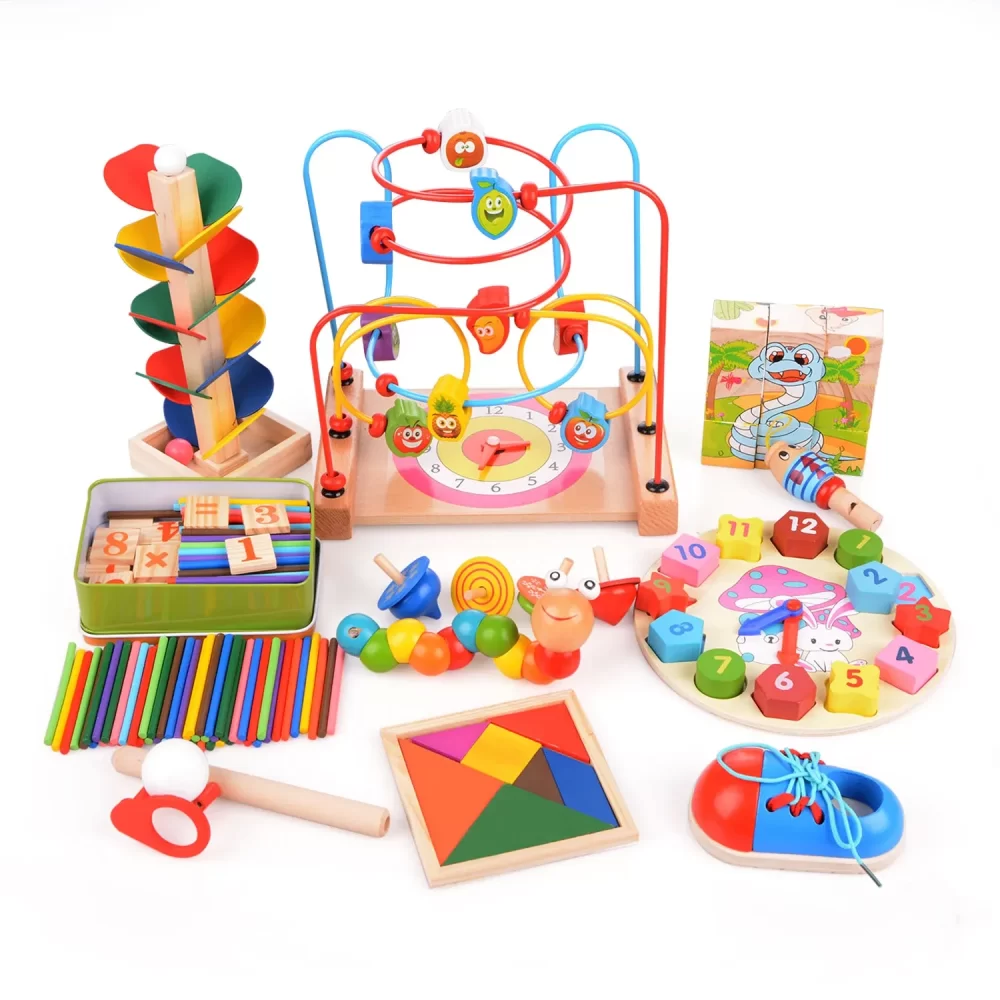
Eco-Friendly and Sustainable: The Added Value of Wooden Toys
In today’s eco-conscious world, parents and educators are turning to toys that are not only educational but also environmentally friendly. Wooden educational toys stand out as the epitome of eco-friendliness and sustainability in the toy industry. Here are a few reasons why:
- Biodegradable Materials: Unlike plastic toys, wooden toys are made from natural resources. After their lifespan, they can decompose, reducing environmental waste.
- Long-Lasting Durability: Wooden toys are incredibly durable. They can be passed down for generations, minimizing the need to purchase new ones regularly and thus reducing waste.
- Low Carbon Footprint: Creating wooden toys typically involves less energy compared to the production of plastic ones. This results in a lower carbon footprint and less environmental harm.
- Safe Manufacturing: The process of making wooden educational toys does not usually release harmful chemicals into the environment. This is in stark contrast to the production of many plastic toys, which can have negative environmental impacts.
- Promotes Eco-awareness: Using wooden toys can instill a sense of responsibility toward the environment in children. Teachable moments occur when kids ask questions about where their toys come from and learn about the materials used.
By integrating wooden educational toys into playtime, we are not only nurturing young minds but also teaching children the importance of taking care of our planet. They are an investment in both the cognitive development of children and the health of the environment, serving an added value that goes far beyond the playroom.
